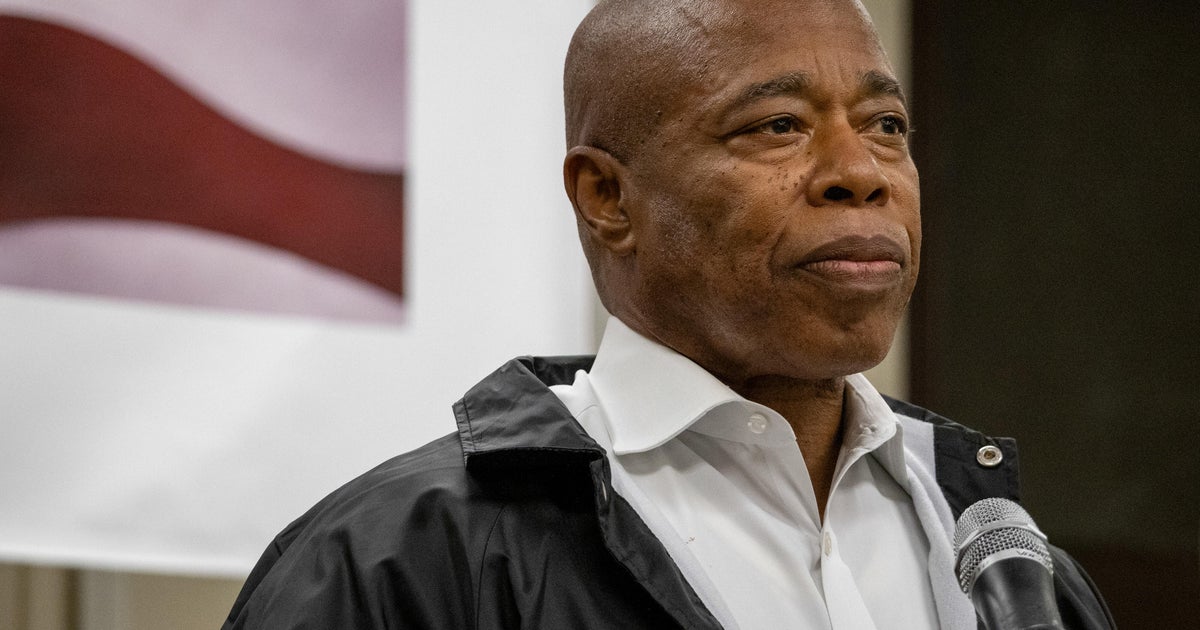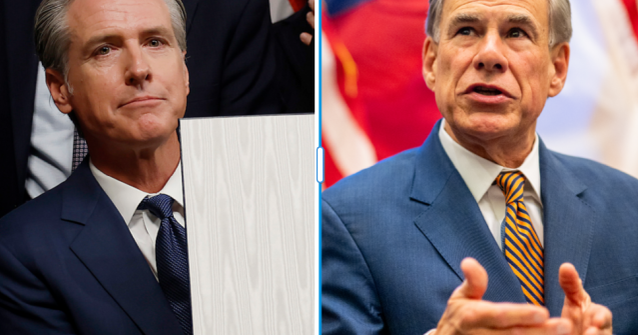Eric Adams Drops Out as NYC Mayor's Race Becomes Three-Way Battle

Eric Adams Ends Reelection Bid
New York City Mayor Eric Adams has officially dropped out of the mayoral race, ending his bid for reelection just weeks before the election. Adams, who was elected in 2021, faced significant challenges during his campaign, including ongoing media scrutiny and the denial of millions in public matching funds by the city’s campaign finance board. These hurdles contributed to his decision to step back from the race.
The Changing Landscape of the Mayoral Race
With Adams out of the contest, the mayoral race has shifted into a competitive three-way battle among Zohran Mamdani, Andrew Cuomo, and Curtis Sliwa. Each candidate represents different political backgrounds and visions for New York City’s future, setting the stage for a dynamic and closely watched election.
Implications for New York City
Adams’ withdrawal reshapes the political landscape and raises questions about the city’s direction. Voters now face a choice between fresh leadership and experienced politicians, highlighting the importance of this pivotal election for America’s largest city.
About the People Mentioned
Zohran Mamdani
Zohran Kwame Mamdani is a New York State Assemblymember representing District 36, which includes Astoria and other Queens neighborhoods. He is notably the first South Asian man, the first Ugandan, and only the third Muslim to serve in the New York State Assembly. Mamdani is a democratic socialist focused on advocating for affordable housing, environmental justice, and equitable public services, aiming to improve the quality of life for working-class New Yorkers who face high rent burdens, pollution, and profiling[1][3]. Born in Uganda and raised in New York City, Mamdani graduated from Bowdoin College in 2014 with a degree in Africana studies. During college, he was politically active, cofounding a chapter of Students for Justice in Palestine and organizing a boycott of Israeli institutions. After college, he worked as a foreclosure prevention counselor in Queens and was involved in community organizing, experiences that motivated his entry into politics[3]. In 2020, Mamdani defeated a Democratic incumbent to win his Assembly seat and has since been re-elected twice. Among his key achievements, he co-created a pilot program for fare-free bus service in New York City and led a 15-day hunger strike in 2021 to protest predatory loans impacting taxi drivers, which resulted in $450 million in debt relief for them. He has also secured over $100 million in state funds to improve subway service and launched initiatives to combat environmental and social injustices in his district[2][3]. Currently, Mamdani is running for Mayor of New York City on a platform to lower the cost of living, improve public transit, and support working families, emphasizing government’s role in making life more affordable and dignified for all New Yorkers[2].
Andrew Cuomo
Andrew Cuomo is an American politician and attorney who served as the 56th governor of New York from 2011 until his resignation in 2021. Born on December 6, 1957, he is the son of former New York Governor Mario Cuomo. Cuomo graduated from Fordham University in 1979 and earned a law degree from Albany Law School in 1982. Early in his career, he founded the Housing Enterprise for the Less Privileged (HELP), a nonprofit focusing on homeless services. He served as Assistant Secretary and then as the 11th U.S. Secretary of Housing and Urban Development under President Bill Clinton from 1997 to 2001. Cuomo was elected New York State Attorney General in 2006 before winning the governorship in 2010. As governor, he championed progressive policies including marriage equality, codifying abortion rights into state law, instituting the nation’s most comprehensive paid family leave policy, raising the minimum wage to $15, and passing strong gun violence prevention laws. He also implemented significant infrastructure projects, such as rebuilding LaGuardia and JFK airports, opening Moynihan Train Hall, and expanding the subway system. Cuomo’s administration focused on fiscal responsibility, maintaining balanced budgets, lowering taxes for the middle class, and capping property taxes. He also expanded healthcare coverage, adding over one million previously uninsured New Yorkers. Cuomo gained national prominence during the COVID-19 pandemic for his daily briefings and leadership in managing the crisis in New York State, though his administration faced criticism and an FBI investigation over underreported nursing home deaths related to COVID-19. In 2021, amid multiple allegations of sexual harassment by former employees, Cuomo resigned from office. He is a father of three daughters and remains a notable figure in New York politics, with a mixed legacy of policy achievements and controversy.
Curtis Sliwa
Curtis Sliwa is an American activist, broadcaster, and public figure best known as the founder of the Guardian Angels, a volunteer safety patrol group established in New York City in 1979 in response to rising crime and public safety concerns[1][2]. Born on March 26, 1954, in Brooklyn, New York, Sliwa grew up in a Catholic family with Polish and Italian roots and worked as a newspaper delivery boy before managing a McDonald’s in the Bronx, where his early community organizing began[2]. Frustrated by crime in his neighborhood, Sliwa first formed the “Rock Brigade” to clean up the area and later the “Magnificent 13” to patrol subway stations at night, which eventually evolved into the Guardian Angels—recognizable by their red berets and white T-shirts[1][5]. Under his leadership, the group expanded internationally, focusing on crime prevention, youth mentoring, and community service[1]. Sliwa has also been a prominent radio talk show host, notably on WABC-AM in New York, where his commentary on crime and public safety has shaped local discourse for decades[3]. His outspokenness led to a high-profile kidnapping and shooting in 1992, allegedly ordered by John A. Gotti in retaliation for remarks Sliwa made on air; he survived the attack after leaping from a moving cab[4]. Despite three mistrials, prosecutors did not retry Gotti, though jurors believed he was involved[4]. Politically, Sliwa has run as a Republican candidate for Mayor of New York City, most notably in 2021 and again in 2025[1][2]. His campaign platforms emphasize public safety, advocating for increased NYPD funding, more police officers, and changes to city zoning and shelter policies[4]. He has also been involved in recent protests, including a 2023 arrest at an anti-illegal immigration rally outside Gracie Mansion, though charges were later dropped[4]. Sliwa’s personal life includes multiple marriages and a public commitment to animal welfare, notably caring for numerous rescue cats[2][3]. His legacy is marked by both admiration for grassroots activism and controversy over his methods and political stances, maintaining his relevance in New York City’s civic life.
About the Organizations Mentioned
Campaign Finance Board
The **New York City Campaign Finance Board (CFB)** is an independent agency established in 1988 to promote transparent, fair, and accessible election campaigns in New York City. Its primary mission is to provide public matching funds to qualifying candidates for mayor, public advocate, comptroller, borough president, and City Council, thereby reducing the influence of large private donations and potential corruption. The CFB also aims to increase voter participation and awareness, strengthen the role of small contributors, and provide the public with comprehensive campaign finance information[1]. The CFB was created following a series of ethics reforms initiated in the mid-1980s by Mayor Ed Koch, in response to corruption scandals that undermined public trust. The New York City Council adopted the Campaign Finance Act on February 29, 1988, and a public referendum established the CFB as an independent body to oversee and administer the program[1]. Key achievements of the CFB include successfully implementing a voluntary public matching funds program that has enabled a more diverse pool of candidates to run competitive campaigns without relying heavily on large donors. This model has been widely regarded as a pioneering effort in campaign finance reform, enhancing electoral equity and transparency. The agency also provides extensive voter education and candidate training programs, further strengthening democratic participation[1][6]. Currently, the CFB continues to administer its program, adapting to evolving campaign finance challenges, including the impact of technology and digital communications on elections. Its role remains critical in maintaining the integrity of New York City's electoral process by enforcing campaign finance laws, providing public disclosures, and fostering public trust[1]. Notably, the CFB serves as a national model for other jurisdictions seeking to balance campaign finance equity with transparency and accountability, demonstrating the effective use of public funds to empower grassroots political engagement[1].











